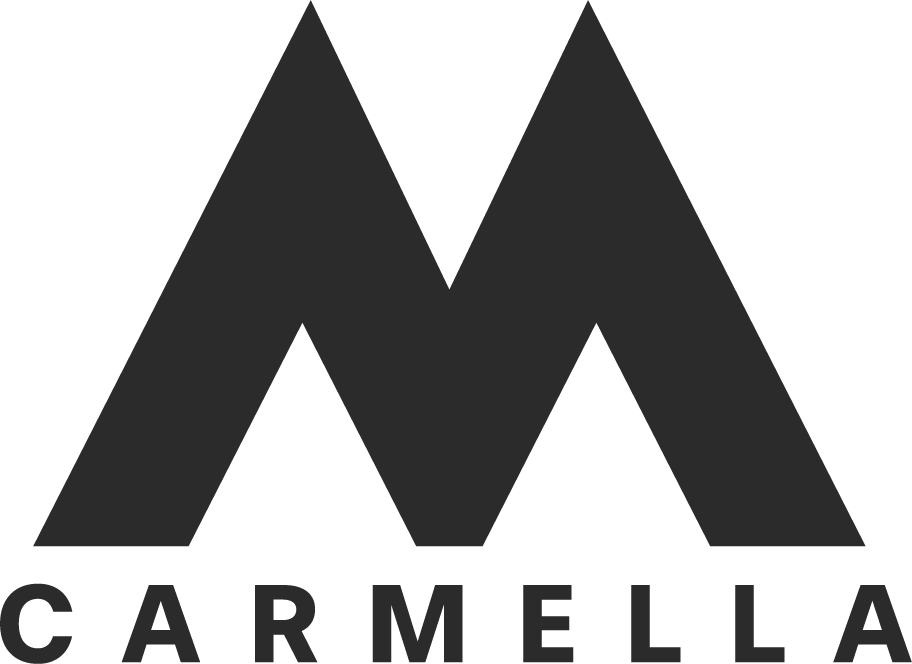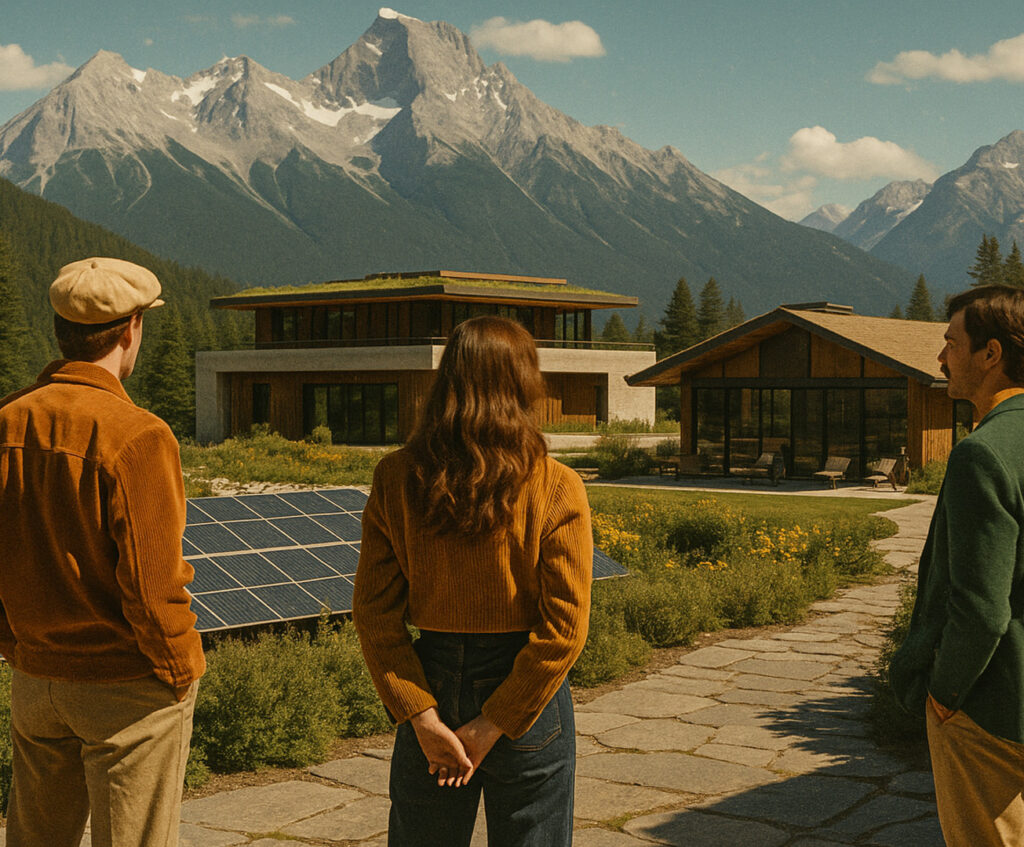Sustainability is no longer a side story; for many, it is now a business mandate. However, for luxury brands, the challenge has always been to reduce environmental impact without compromising the guest experience or brand prestige. That is where AI is stepping in. Not to replace elegance or human connection, but to make sustainability seamless, data-informed, and operationally more competent.
AI systems now manage energy consumption, monitor resource usage, and anticipate demand. Resorts and developers are utilizing these tools to minimize waste, lower costs, and exceed guest expectations, all while maintaining the luxury experience. While sustainability has long been part of the conversation, the difference today is how precisely and proactively it can be delivered.
More Innovative Systems for Greener Operations
AI-powered platforms allow properties to use only the resources they need, when they need them. Systems like BrainBox AI are being implemented to reduce HVAC energy consumption by up to 25%. These platforms learn from room usage, external temperature, and guest behaviour to fine-tune energy use in real time.
Resorts like 1 Hotels, known for their commitment to green design, are leading the way. With AI-enabled building management systems and support from WELL Building Standard partners, they adjust lighting, heating, and ventilation based on guest patterns, occupancy levels, and weather. This creates comfort while reducing emissions and long-term operational costs.
Developers are also utilizing AI tools during the planning process. By analyzing how buildings perform across different occupancy rates and seasons, architects and engineers can select materials, layouts, and systems that avoid waste before it begins.
Predictive Waste Management and Circular Solutions
Automation is helping luxury properties manage operational waste before it becomes a problem. Kitchens equipped with systems from Winnow Solutions can forecast food demand and reduce overproduction by up to 50 percent. AI-powered platforms also optimize linen use and laundry cycles to minimize water and energy consumption without compromising service.
AI is also playing a bigger role in procurement. Tools like IBM’s Supply Chain Intelligence Suite evaluate vendor emissions, transport logistics, and ethical certifications. The result is a supply chain that supports sustainability throughout its entire length. For luxury brands seeking to reduce Scope 3 emissions, this level of insight is becoming increasingly critical.
Sustainability That Scales (and Sells)
Today’s travellers and real estate buyers are value-driven. They conduct their research and expect brands to support green claims with evidence. That is where AI helps brands move from promises to proof.
Developments utilizing AI to optimize energy, materials, and layout now provide buyers with detailed insights into their carbon footprint, energy use, and projected return on investment (ROI). According to McKinsey, smart buildings with AI and IoT integration can achieve operational cost savings of 10-15 percent and reduce energy consumption by up to 30 percent.
The Future is Smart, Not Sacrificed
Luxury and sustainability are no longer at odds. With AI, resorts and real estate brands can protect the planet, meet evolving guest expectations, and streamline operations without sacrificing what makes their brand special.
At Carmella, we help luxury developers and tourism brands bring their sustainability goals to life using tools that make it easier to do the right thing without losing the magic. If you’re looking for support for your brand’s next chapter, we’d love to help. Reach out today.



